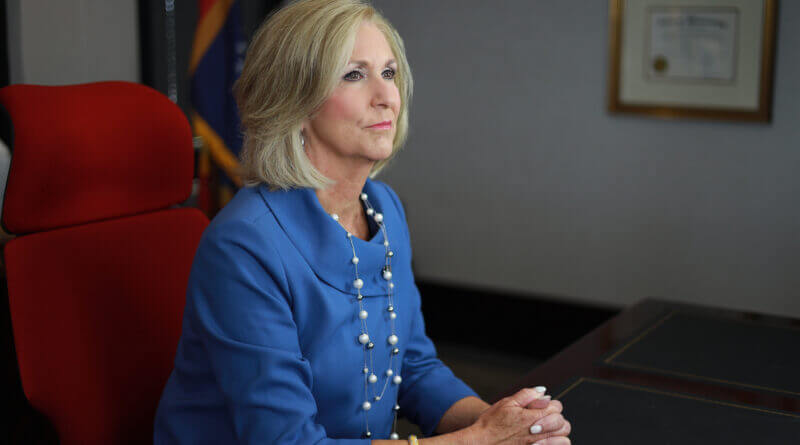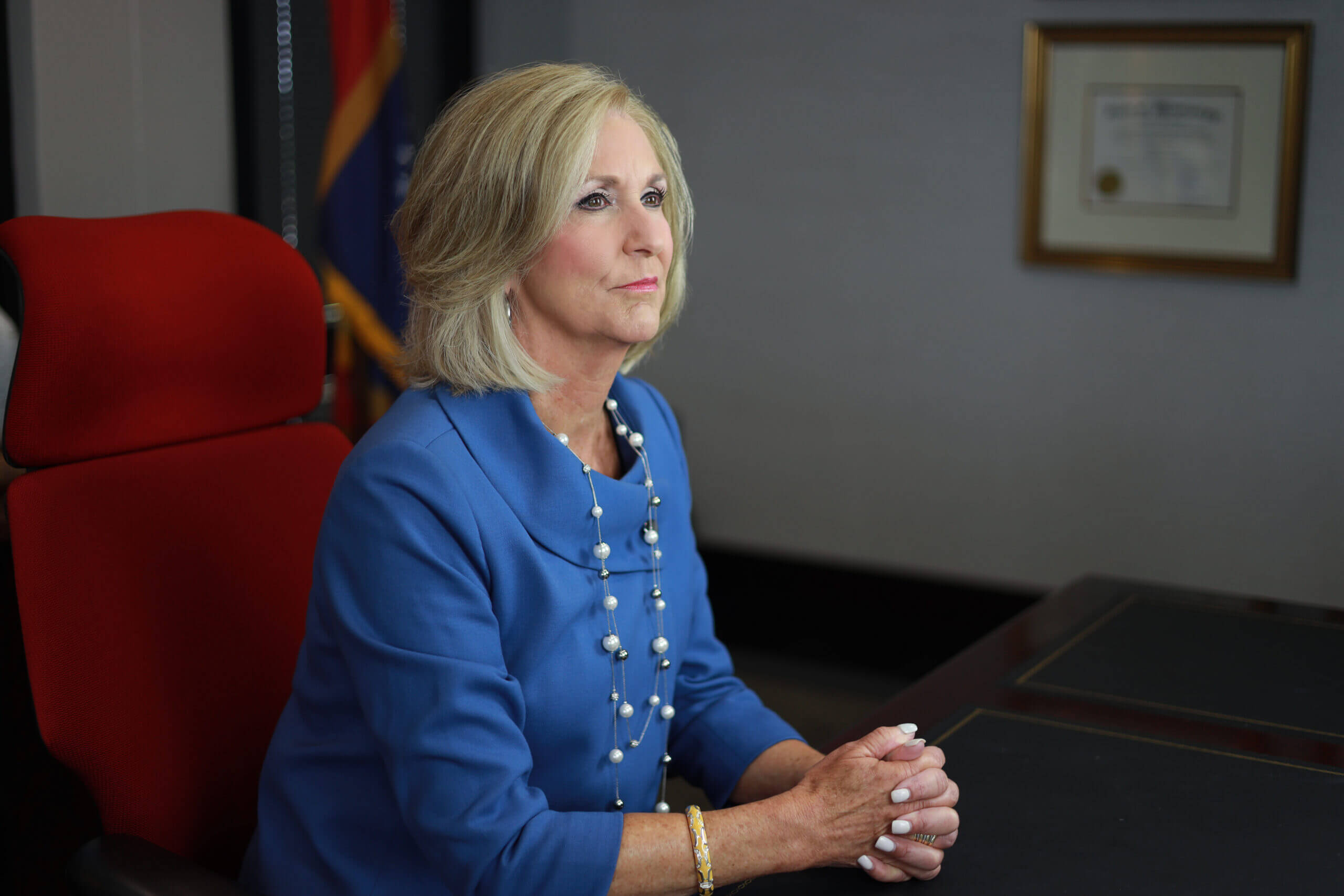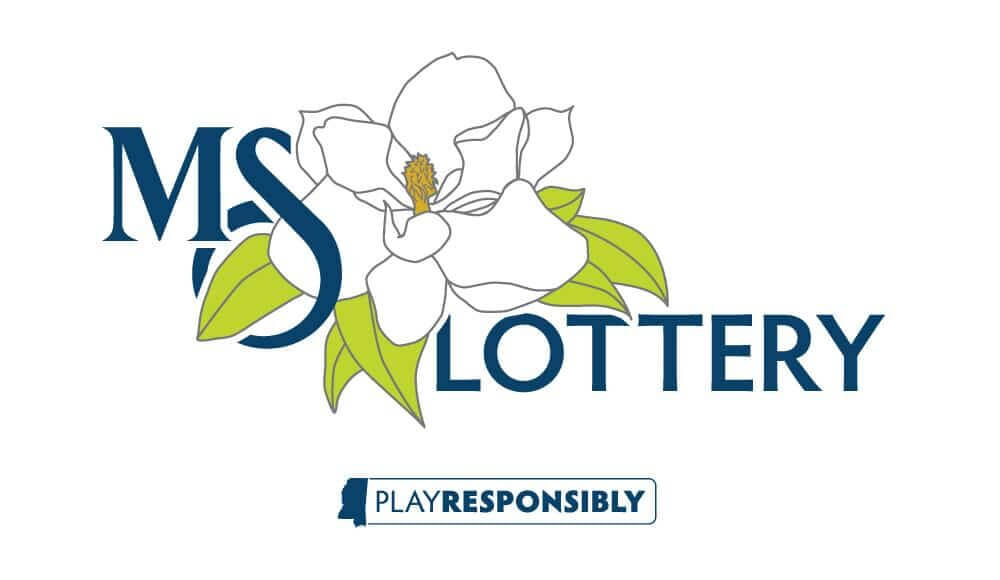Fitch joins lawsuits against Meta for harming youth mental health
Attorney General Lynn Fitch has joined a coalition of 42 Attorneys General in filing lawsuits against Meta in federal and state courts alleging that the company knowingly designed and deployed harmful features on its social media platforms that purposefully addict children and teens. While Meta falsely assured the public that these features are safe and suitable for young users, they were aware of the dangers to young people’s mental and physical well-being.
These practices have harmed and continue to harm the physical and mental health of children and teens and have fueled what the U.S. Surgeon General has deemed a “youth mental health crisis” which has ended lives, devastated families, and damaged the potential of a generation of young people.
“The mental health epidemic facing our youth is alarming, but not puzzling,” said Fitch. “Meta has been conducting a social experiment on our children’s developing brains, knowing they were causing damage, and refusing to make changes to mitigate that damage. While we may not know the impact of this experiment for decades, we know now that our children are suffering higher levels of depression, anxiety, suicidal thoughts, and self-harm. You cannot reap profits off America’s children without being held accountable.”
A complaint filed by Fitch in the Chancery Court for the First Judicial District of Hinds County alleges that Meta designed Instagram and Facebook to be addictive, purposefully targeted children and teens, and took advantage of their biologically limited capacity for self-control. Meta knew, the complaint alleges, of the wide range of harms compulsive use causes, including increased levels of depression, anxiety, and attention deficit disorders; altered psychological and neurological development; and reduced sleep, as well as the increased exposure to bullying, unwanted advances, and other similarly difficult and even age inappropriate circumstances. Yet, the company continued to assure the public its platforms were safe and concealed the known significant risks.
Seven other states filing parallel complaints in state courts across the country made similar allegations. In addition to these state complaints, 33 Attorneys General filed a federal complaint in the U.S. District Court for the Northern District of California alleging that Meta knew of the harmful impact of its platforms, including Facebook and Instagram, on young people. Florida filed a separate but similar federal lawsuit today.
While much of these complaints rely on confidential material that is not yet available to the public, publicly available sources including those previously released by former Meta employees detail that Meta profited by purposely making its platforms addictive to children and teens. Its platform algorithms push users into descending “rabbit holes” in an effort to maximize engagement. Features like infinite scroll and near-constant alerts were created with the express goal of hooking young users. These manipulative tactics continually lure children and teens back onto the platform. As Aza Raskin, the original developer of the infinite scroll concept, noted to the BBC about the feature’s addictive qualities: “If you don’t give your brain time to catch up with your impulses, . . . you just keep scrolling.”
Meta knew these addictive features harmed young people’s physical and mental health, including undermining their ability to get adequate sleep, but did not disclose the harm nor did they make meaningful changes to minimize the harm. Instead, they claimed their platforms were safe for young users. These company choices, the complaints allege, violate state consumer protection laws and/or COPPA (the Children’s Online Privacy Protection Act).
These lawsuits are the result of a bipartisan, nationwide investigation. Nearly all the Attorneys General in the country have worked together since 2021 to investigate Meta for providing and promoting its social media platforms to children and young adults while their use is associated with physical and mental health harms. While some states have pursued litigation in state court and others in collective federal action, the Attorneys General will continue to work together as the litigation continues.
The multistate coalition that brought today’s complaint is also investigating Tik Tok’s conduct on a similar set of concerns. That investigation remains ongoing, and states have pushed for adequate disclosure of information and documents in litigation related to Tik Tok’s failure to provide adequate discovery in response to requests by the Tennessee Attorney General’s office.
States joining the multistate federal lawsuit are Arizona, California, Colorado, Connecticut, Delaware, Georgia, Hawaii, Idaho, Illinois, Indiana, Kansas, Kentucky, Louisiana, Maine, Maryland, Michigan, Minnesota, Missouri, Nebraska, New Jersey, New York, North Carolina, North Dakota, Ohio, Oregon, Pennsylvania, Rhode Island, South Carolina, South Dakota, Virginia, Washington, West Virginia, and Wisconsin. Florida’s lawsuit was filed in the U.S. District Court for the Middle District of Florida.
In addition to Fitch, Attorneys General filing lawsuits in their own state courts are the District of Columbia, Massachusetts, New Hampshire, Oklahoma, Tennessee, Utah, and Vermont.






